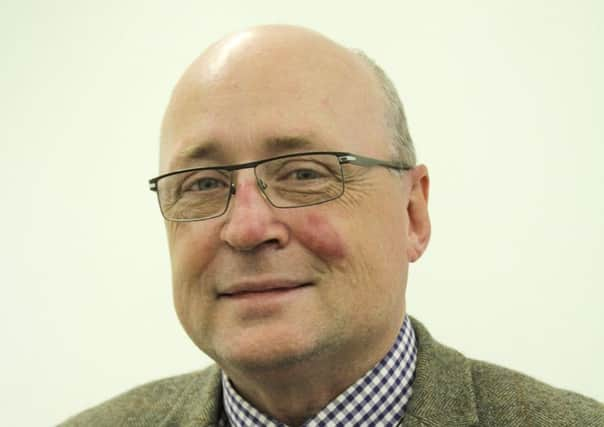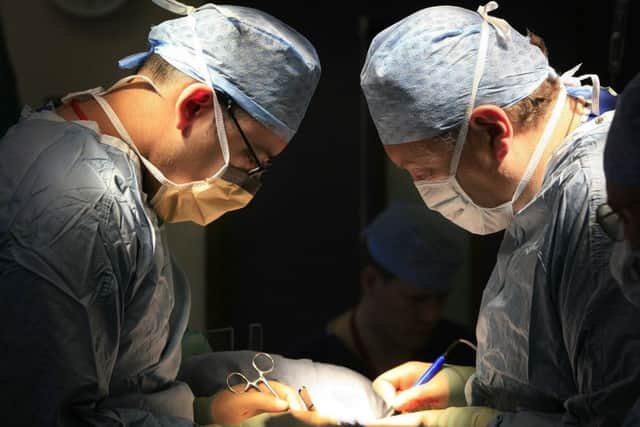Danger of soft opt-out for organ donation


Opt-out systems are legal systems enabling persons to instruct their organs not be removed for transplantation after death (for example, by informing relatives or joining a register), while the organs from all those who have not left such instructions can be used. With soft opt-out systems, nearest relatives have a final say about the removal of organs.
The current Human Tissue (Scotland) Act 2006 was itself drafted, among other reasons, as a response to the Alder Hey Children’s Hospital scandal in Liverpool in the 1990s. At this hospital, body parts of children were retained for biomedical research after post-mortem examination when healthcare professionals presumed that this would be acceptable to parents without consultation. This was, indeed, made possible by the wording of the legislation, at the time, with the old Human Tissue Act 1961 indicating in Section 1(2) that: “... the person lawfully in possession of the body of a deceased person may authorise the removal of any part from the body [for therapeutic purposes and purposes of medical education and research] ... if, having made such reasonable enquiry as may be practicable, he has no reason to believe: (a) that the deceased had expressed an objection to his body being so dealt with after his death, and had not withdrawn it; or (b) that the surviving spouse or any surviving relative of the deceased objects to the body being so dealt with.”
Advertisement
Hide AdAdvertisement
Hide AdThis means that the Alder Hey scandal came as a direct result of what was supposed to be a soft opt-out system in which silence represents authorisation. But this quickly became unethical when healthcare professionals did not make “reasonable enquiries” with surviving relatives or when these relatives authorised the removal of organs without being aware of the wishes of the deceased.


In light of what had happened, therefore, it was very surprising that when the new Human Tissue (Scotland) Act 2006 was being prepared, a similar soft opt-out provision to the old Human Tissue Act 1961, which had caused so much controversy, was reinstated without much discussion in the Scottish Parliament. The only difference was that in the new Act, some authorisation for the removal of organs for transplantation must be obtained from the “nearest relative”, who could actually just be a friend.
Indeed, Section 7 (1) of the present Human Tissue (Scotland) Act 2006 states that if there is “no authorisation by the [deceased] adult..., the nearest relative of the deceased adult may... authorise the removal and use of any [body] part”.
Confirmation of this soft opt-out provision in the present Human Tissue (Scotland) Act 2006 was given, at the time it was being prepared, by a Scottish Executive Press Release which stated that: “These changes will make the [Scottish] legislation similar to the way in which Spanish [soft opt-out] law is put into effect.”
But here again, questions can be asked whether “reasonable enquiries” are being made about the past wishes of the deceased. For example, a landlord of a deceased person in Scotland has already been asked to authorise the removal of his or her tenants organs for transplantation.


Thus the inherent flaw with opt-out systems is that serious ethical problems may result when silence means authorisation to remove organs. This is especially concerning when only very few people may actually be aware of the current soft opt-out system in place as is presently the case in Scotland. Moreover, if relatives authorise the removal of organs without being aware of the past wishes of the deceased, this could be considered as deeply unethical.
Of course, the Scottish Parliament should do all it can to increase the number of organs available for transplantation in order to allow more patients to benefit from life-saving transplants. But if it wants to really learn from the Alder Hey scandal it must recognise that opt-out systems inevitably lead to unethical practices. This could then undermine public confidence in the transplantation system and thereby eventually reduced the number of available organs. This also means that the Scottish Parliament must repeal Section 7 (1) of the current Human Tissue (Scotland) Act 2006 which enables a soft opt-out system to exist.
Dr Calum MacKellar, Director of Research of the Scottish Council on Human Bioethics